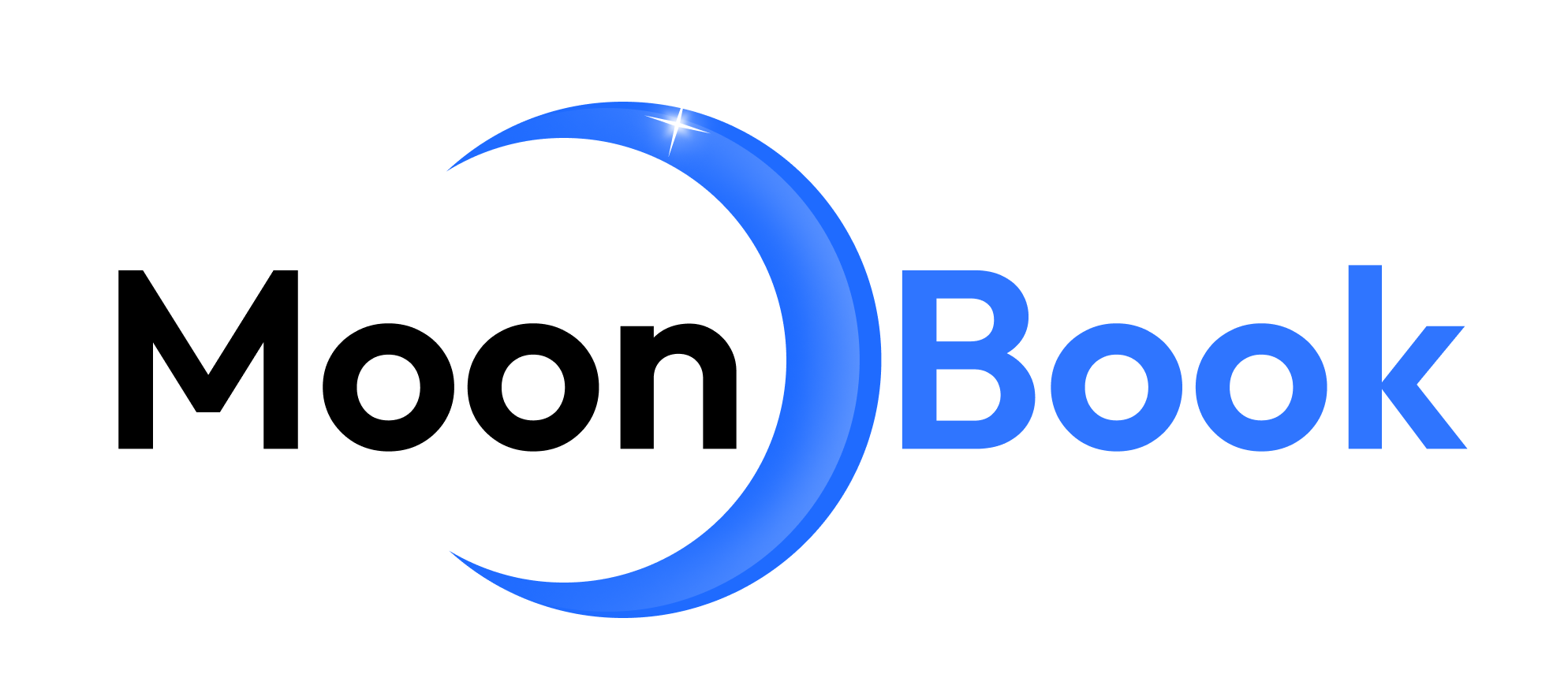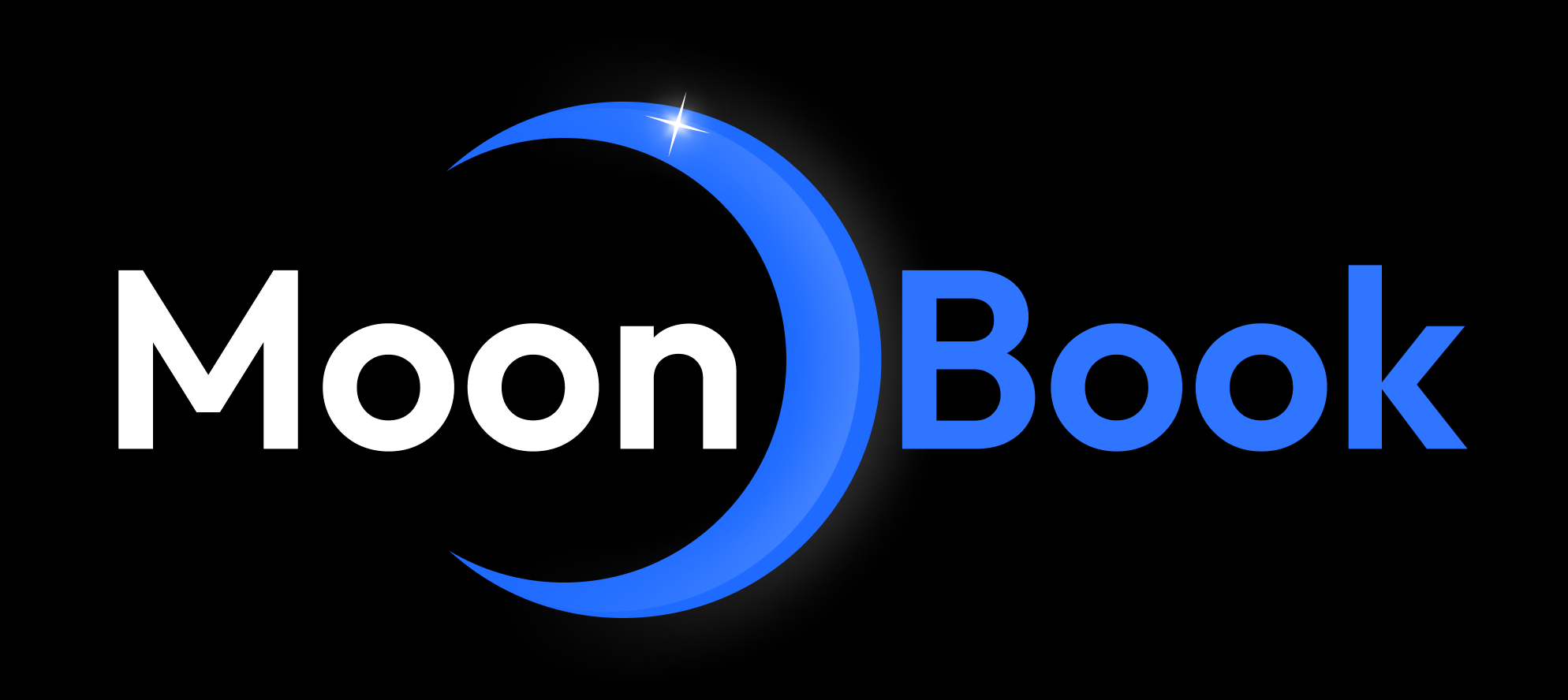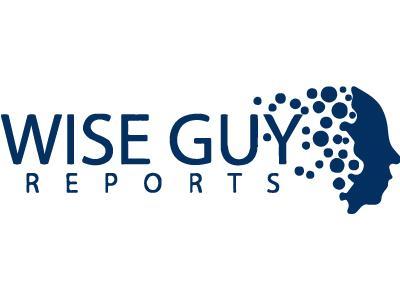The global hydrogen car market, in its current, early stage of development, represents an extreme case of market share consolidation, though this structure is poised for significant future evolution. A focused look at Hydrogen CAR Market Share Consolidation reveals that the passenger vehicle segment is not just consolidated; it is effectively a duopoly. This high level of concentration is not the result of M&A or anti-competitive practices, but rather a direct consequence of the monumental barriers to entry and the fact that only two major automotive groups have made the sustained, multi-decade investment required to bring a mass-produced fuel cell electric vehicle (FCEV) to market. This current state of consolidation, however, is a temporary phase in a market with enormous disruptive potential. The Hydrogen CAR Market size is projected to grow USD 70 Billion by 2035, exhibiting a CAGR of 33.4% during the forecast period 2025-2035. As this growth materializes and the underlying infrastructure develops, the current consolidated structure will inevitably be challenged by new entrants, leading to a more diverse and competitive landscape in the coming decade.
The primary reason for the current market share consolidation around Toyota and Hyundai is the immense technological and financial investment required to develop and commercialize FCEV technology. A fuel cell stack is an incredibly complex piece of electrochemical engineering, and developing a durable, efficient, and cost-effective system has taken these companies decades of dedicated research and billions of dollars. Unlike battery electric vehicles, where a company can source batteries and electric motors from a wide range of suppliers, the core fuel cell system is a highly proprietary technology that requires deep in-house expertise. This creates a massive technological barrier to entry. Furthermore, launching a hydrogen car requires a parallel effort to support the rollout of refueling infrastructure, a costly and complex endeavor that most automakers, who are already investing heavily in BEVs, have been unwilling to undertake. This has left the field clear for Toyota and Hyundai, the two players with the long-term strategic vision and financial fortitude to pursue the hydrogen path, to capture virtually 100% of the early market share.
While the passenger car market is a duopoly, the broader "hydrogen mobility" ecosystem, including the crucial infrastructure and component supply chain, shows a different, more collaborative form of consolidation. The development of hydrogen refueling standards and the build-out of refueling networks are often undertaken by consortiums and joint ventures that bring together automakers, industrial gas companies (like Air Liquide and Linde), and energy majors (like Shell). This is a form of "collaborative consolidation," where key players band together to share the immense cost and risk of building the foundational infrastructure that the entire industry depends on. Looking forward, the current consolidation in the vehicle market is expected to erode. As infrastructure becomes more available and fuel cell technology matures and becomes cheaper, other automakers like BMW, Honda, and potentially new players from China are expected to enter the market. This will lead to a de-consolidation of the passenger car segment. However, we may see a new form of consolidation at the technology level, with a few dominant fuel cell system suppliers emerging to provide the core powertrain technology to multiple automakers, similar to the role that companies like Bosch play in the traditional automotive supply chain.
About US:
Wise Guy Reports is pleased to introduce itself as a leading provider of insightful market research solutions that adapt to the ever-changing demands of businesses around the globe. By offering comprehensive market intelligence, our company enables corporate organizations to make informed choices, drive growth, and stay ahead in competitive markets.
We have a team of experts who blend industry knowledge and cutting-edge research methodologies to provide excellent insights across various sectors. Whether exploring new market opportunities, appraising consumer behavior, or evaluating competitive landscapes, we offer bespoke research solutions for your specific objectives.
At Wise Guy Reports, accuracy, reliability, and timeliness are our main priorities when preparing our deliverables. We want our clients to have information that can be used to act upon their strategic initiatives. We, therefore, aim to be your trustworthy partner within dynamic business settings through excellence and innovation.



